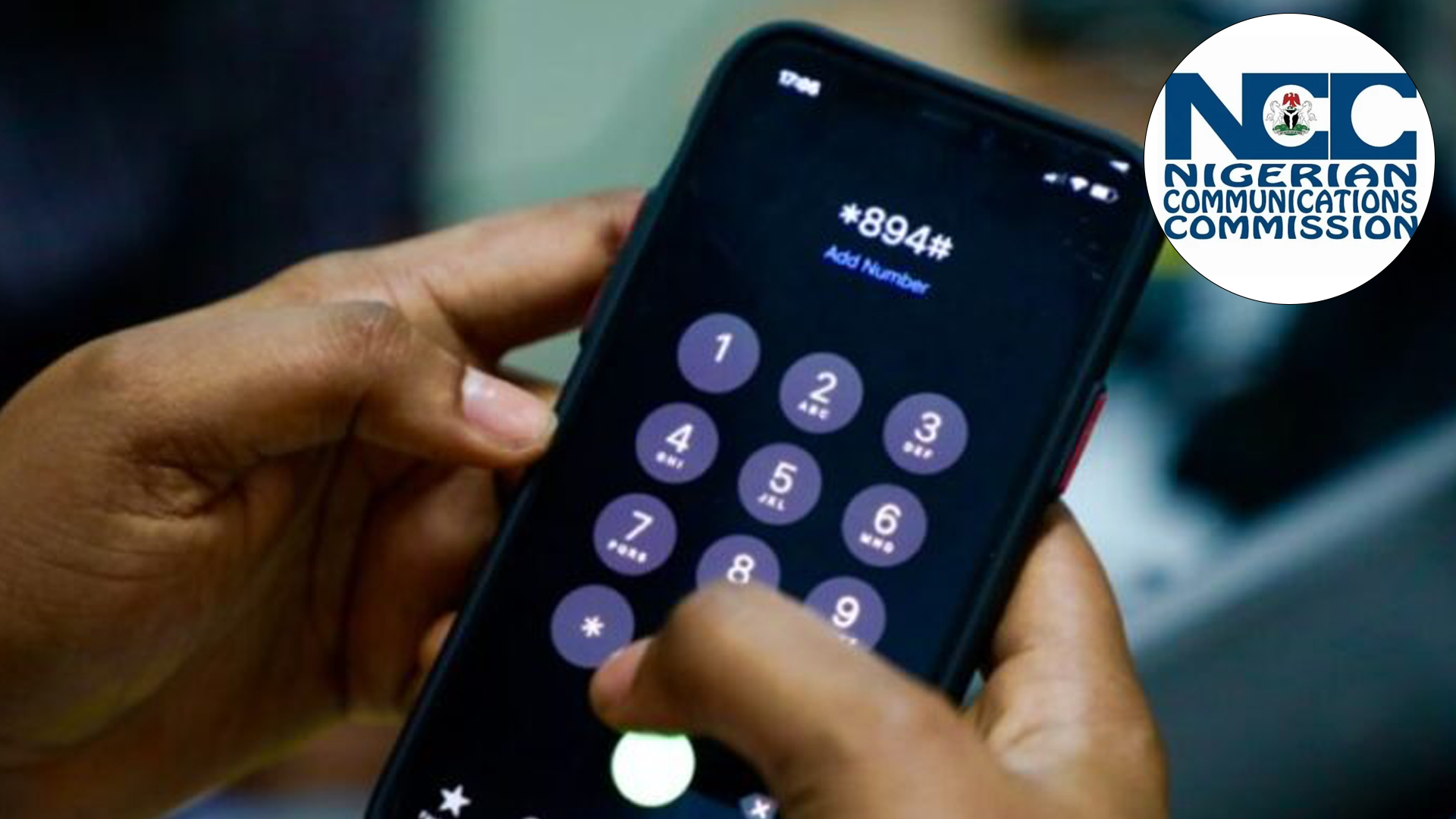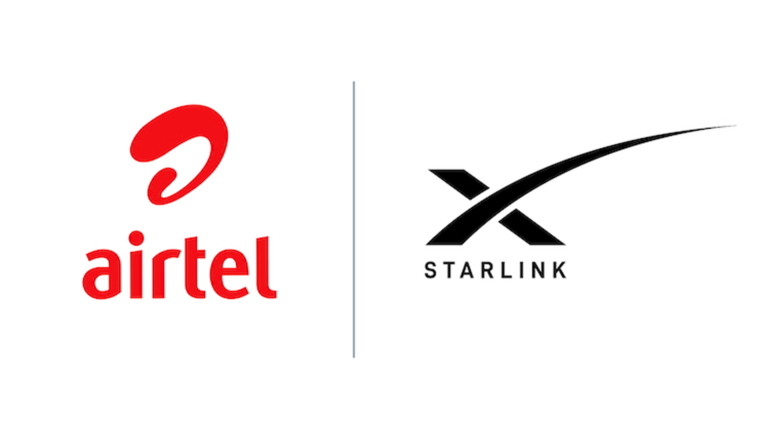The Nigerian Communications Commission (NCC) has directed telecommunications companies to disconnect the USSD codes of nine financial institutions due to outstanding debts, some of which date back to 2020. The directive, signed by the NCC’s Director of Public Affairs, Reuben Muoka, requires the affected banks to settle their debts by January 27, 2025, or face …

NCC Orders Telcos to Cut Off Nine Banks Over USSD Debt

The Nigerian Communications Commission (NCC) has directed telecommunications companies to disconnect the USSD codes of nine financial institutions due to outstanding debts, some of which date back to 2020. The directive, signed by the NCC’s Director of Public Affairs, Reuben Muoka, requires the affected banks to settle their debts by January 27, 2025, or face losing access to the USSD platform.
According to the NCC notice, nine out of 18 financial institutions have failed to comply with a joint directive issued by the Central Bank of Nigeria (CBN) and the NCC in December 2024. While the total debt initially owed by all institutions exceeded ₦200 billion, the nine defaulting banks have yet to clear their outstanding invoices.
The banks named in the directive include Fidelity Bank, FCMB, Jaiz Bank, Polaris Bank, Sterling Bank, UBA, Unity Bank, Wema Bank, and Zenith Bank. Key USSD codes such as 770, 919, and 822 are among those that could be reassigned if payments remain outstanding.
The NCC emphasized that non-compliance with the joint circular not only affects the banks’ ability to renew their USSD codes but may also disrupt services for millions of customers. It warned that consumers could face difficulty accessing USSD platforms from January 27 unless the debts are resolved.
Meanwhile, the NCC noted that USSD transactions remain a critical part of Nigeria’s financial system. Data from the CBN shows that over 252 million transactions worth ₦2.19 trillion were conducted via USSD in the first half of 2024.
This move by the NCC underscores the importance of regulatory compliance and serves as a reminder of the potential impact unresolved debts can have on essential financial services






